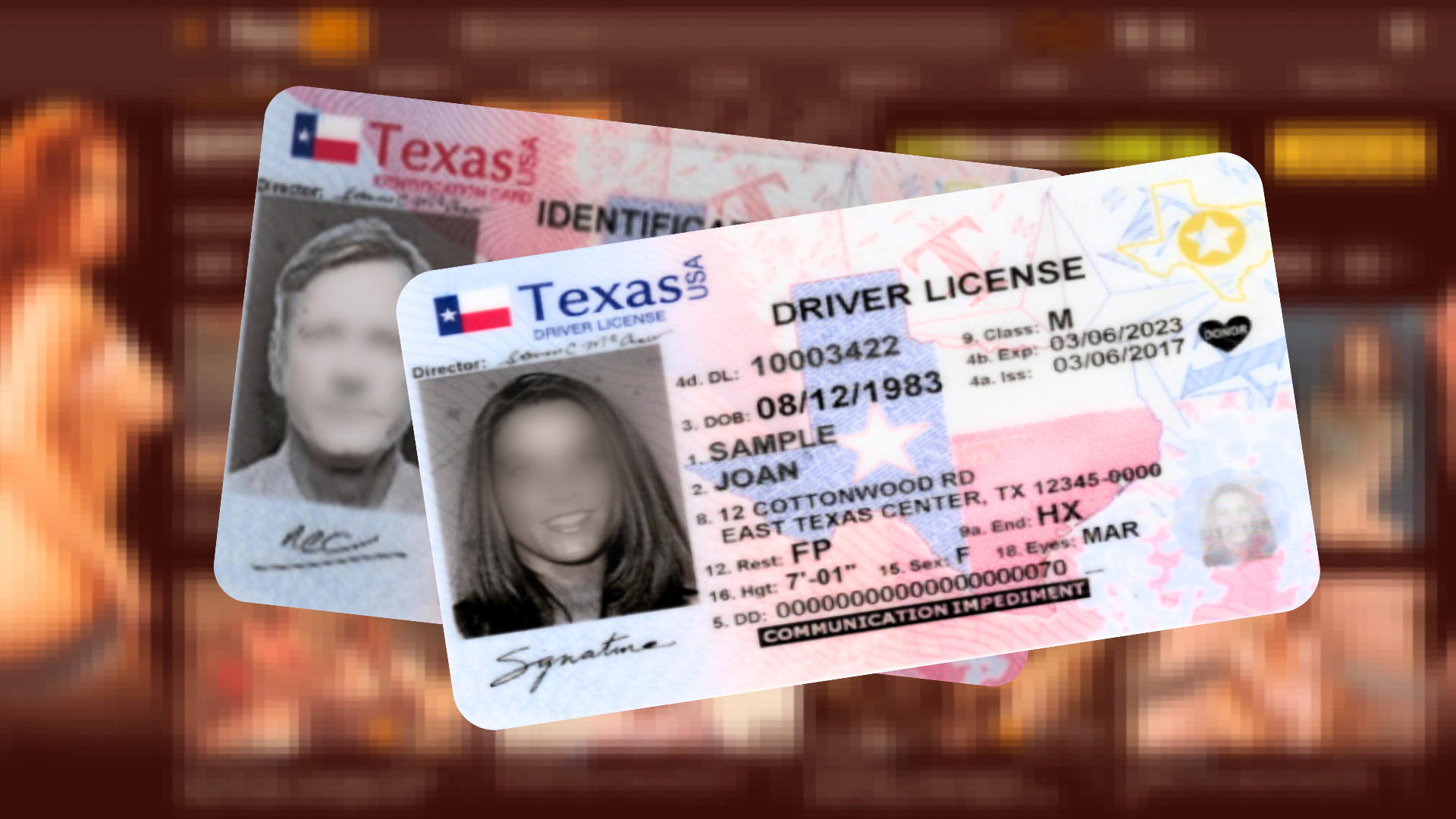The fundamental flaw with the age verification bills and laws passing rapidly across the country is the delusional, unfounded belief that putting hurdles between people and pornography is going to actually prevent them from viewing porn. What will happen, and is already happening, is that people–including minors–will go to unmoderated, actively harmful alternatives that don’t require handing over a government-issued ID to see people have sex. Meanwhile, performers and companies that are trying to do the right thing will suffer.
[…]
Source: Age Verification Laws Drag Us Back to the Dark Ages of the Internet
The legislators passing these bills are doing so under the guise of protecting children, but what’s actually happening is a widespread rewiring of the scaffolding of the internet. They ignore long-established legal precedent that has said for years that age verification is unconstitutional, eventually and inevitably reducing everything we see online without impossible privacy hurdles and compromises to that which is not “harmful to minors.” The people who live in these states, including the minors the law is allegedly trying to protect, are worse off because of it. So is the rest of the internet.
Yet new legislation is advancing in Kentucky and Nebraska, while the state of Kansas just passed a law which even requires age-verification for viewing “acts of homosexuality,” according to a report: Websites can be fined up to $10,000 for each instance a minor accesses their content, and parents are allowed to sue for damages of at least $50,000. This means that the state can “require age verification to access LGBTQ content,” according to attorney Alejandra Caraballo, who said on Threads that “Kansas residents may soon need their state IDs” to access material that simply “depicts LGBTQ people.”
One newspaper opinion piece argues there’s an easier solution: don’t buy your children a smartphone: Or we could purchase any of the various software packages that block social media and obscene content from their devices. Or we could allow them to use social media, but limit their screen time. Or we could educate them about the issues that social media causes and simply trust them to make good choices. All of these options would have been denied to us if we lived in a state that passed a strict age verification law. Not only do age verification laws reduce parental freedom, but they also create myriad privacy risks. Requiring platforms to collect government IDs and face scans opens the door to potential exploitation by hackers and enemy governments. The very information intended to protect children could end up in the wrong hands, compromising the privacy and security of millions of users…
Ultimately, age verification laws are a misguided attempt to address the complex issue of underage social media use. Instead of placing undue burdens on users and limiting parental liberty, lawmakers should look for alternative strategies that respect privacy rights while promoting online safety.
This week a trade association for the adult entertainment industry announced plans to petition America’s Supreme Court to intervene.
Source: Slashdot
This is one of the many problems caused by an America that is suddenly so very afraid of sex, death and politics.

Robin Edgar
Organisational Structures | Technology and Science | Military, IT and Lifestyle consultancy | Social, Broadcast & Cross Media | Flying aircraft

